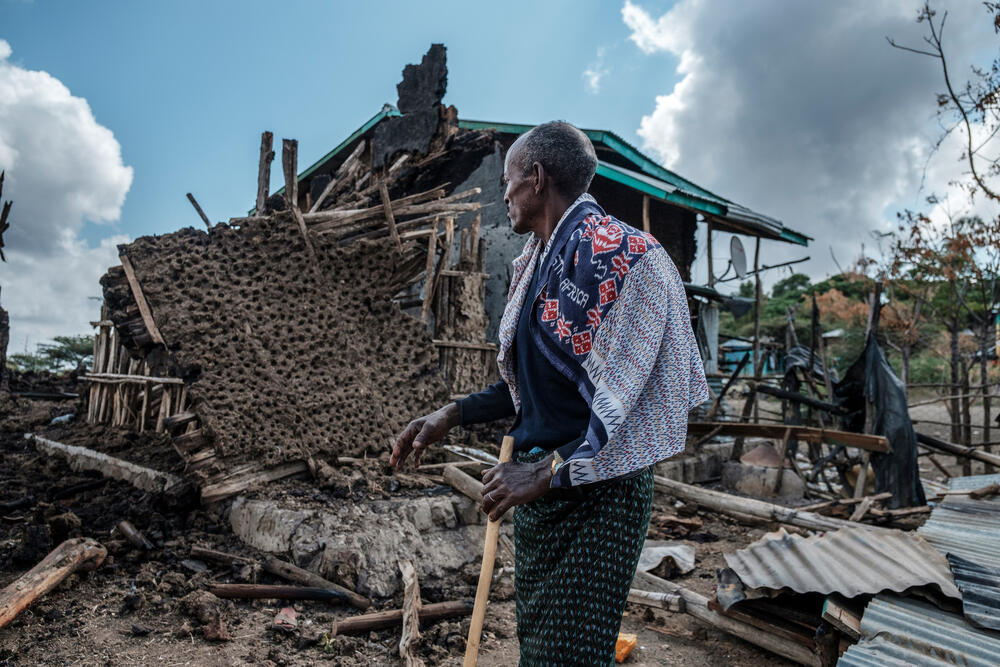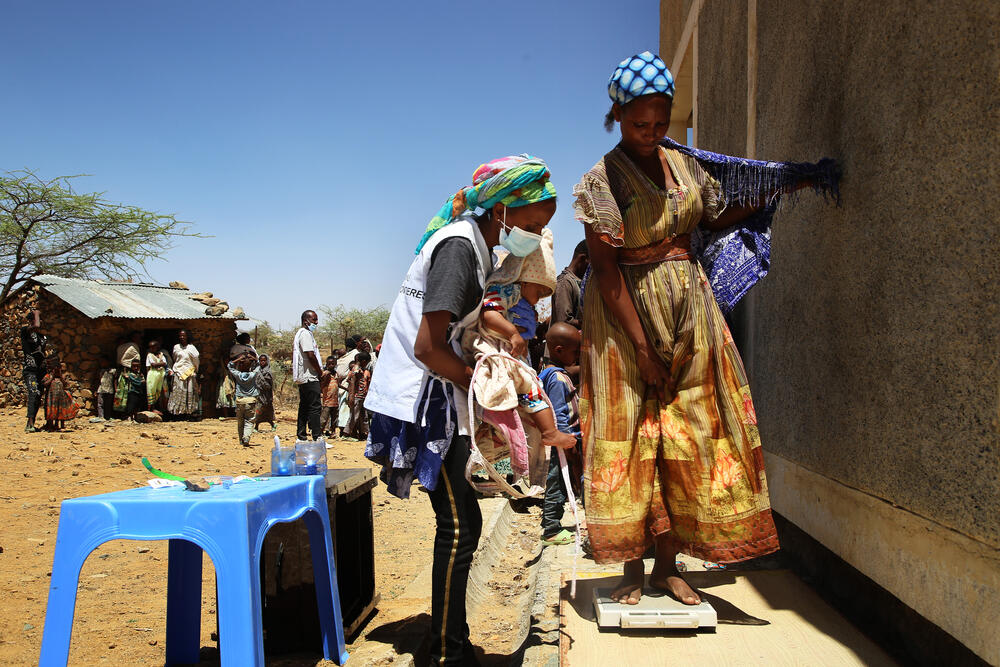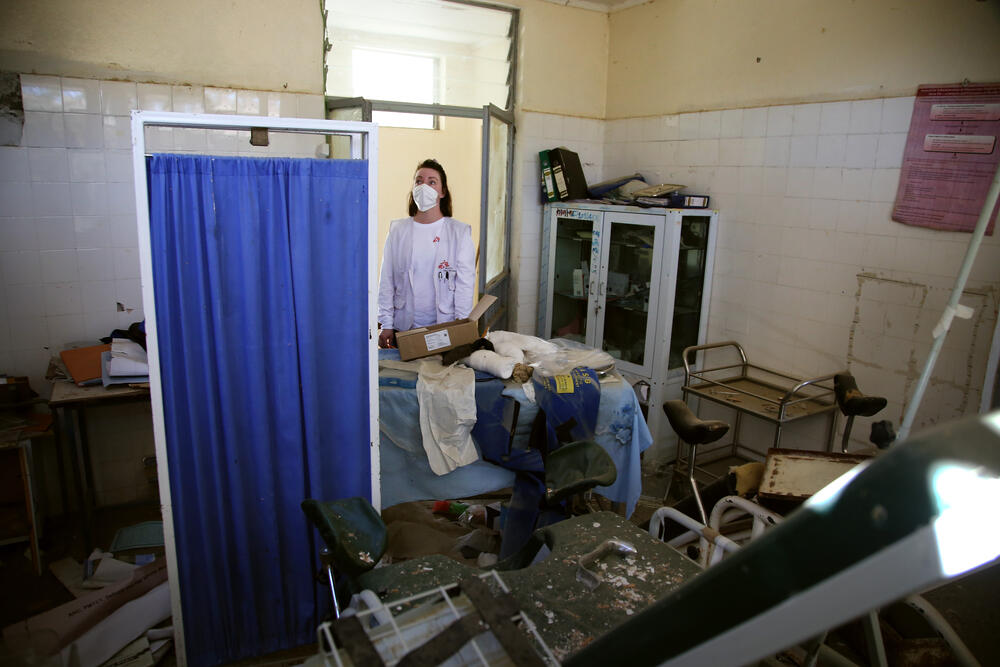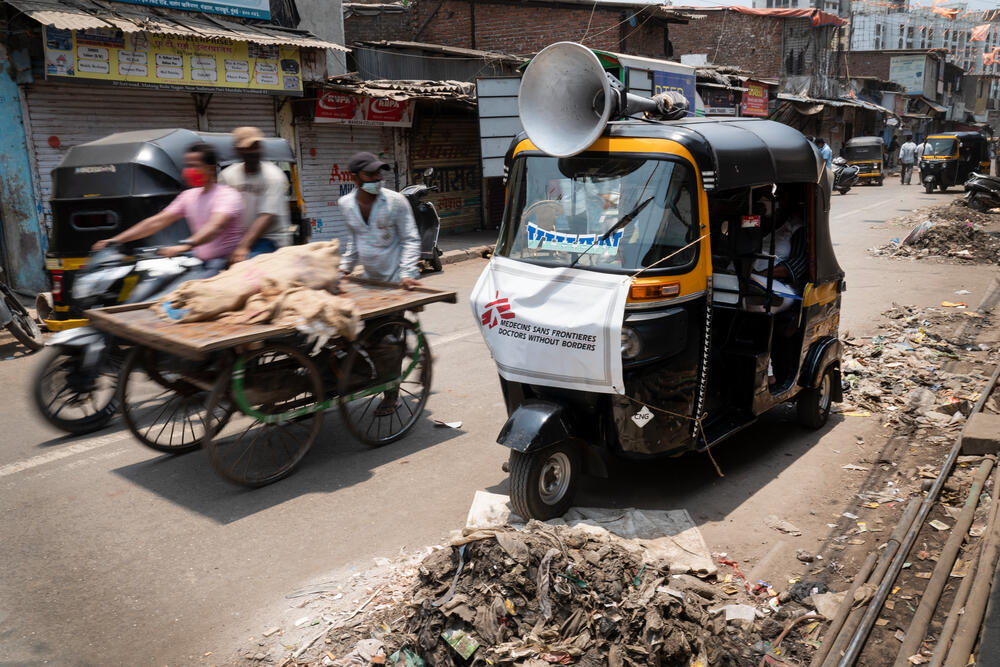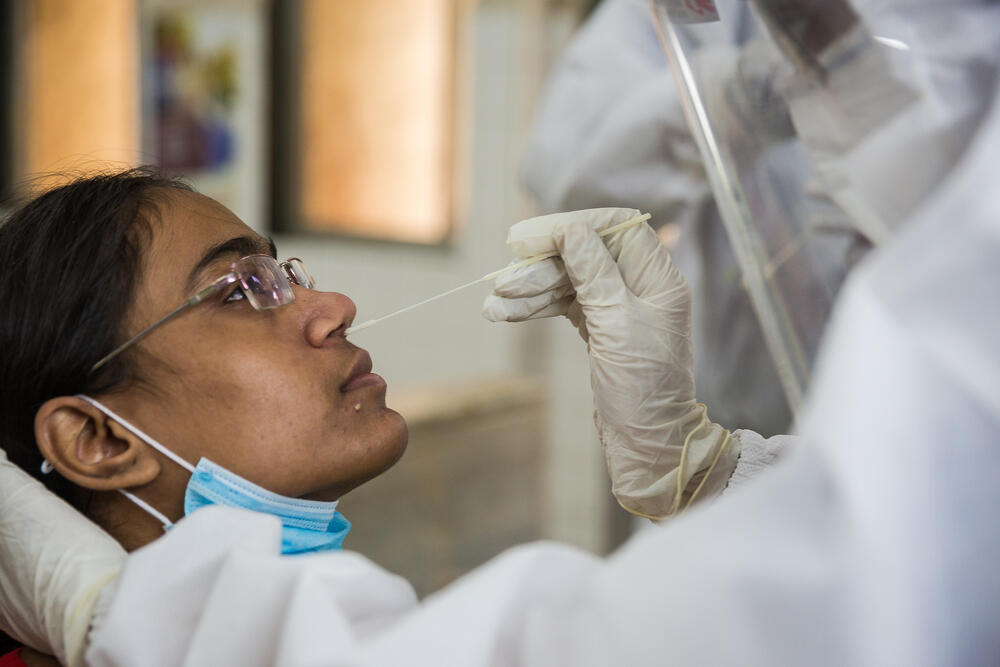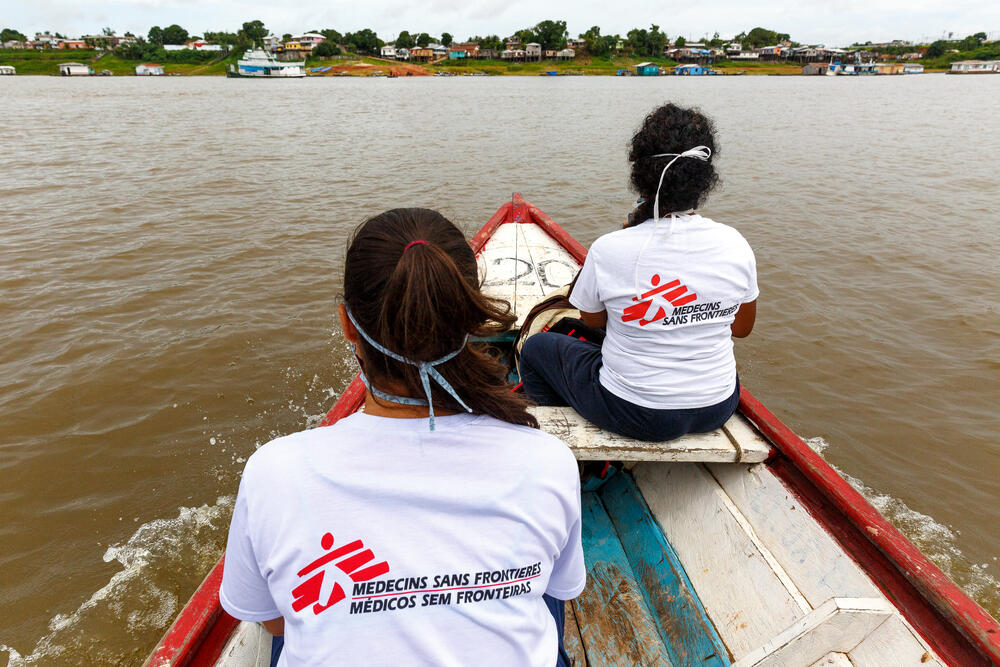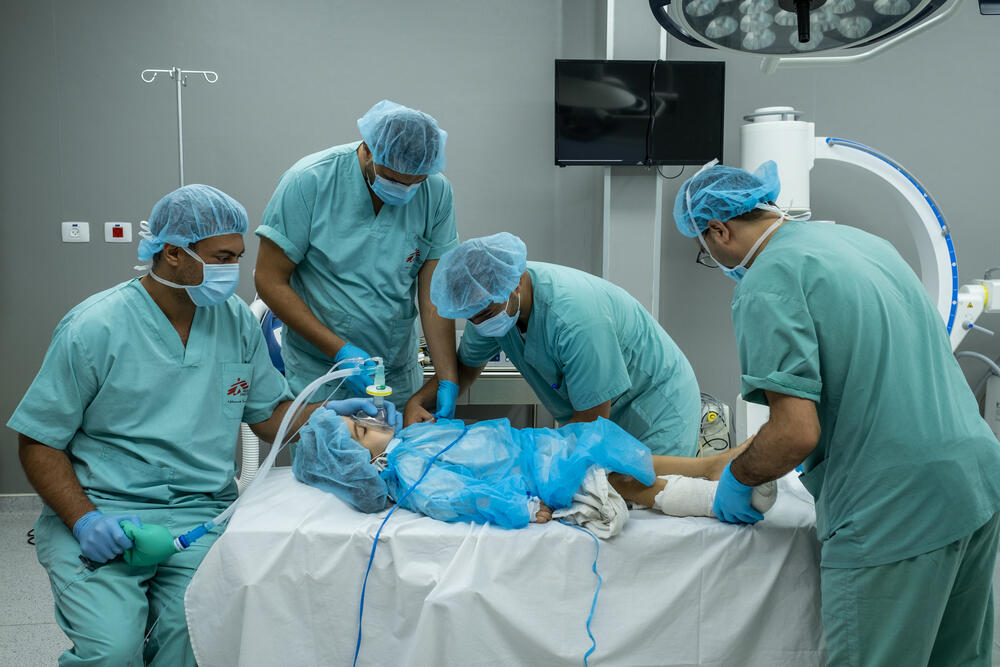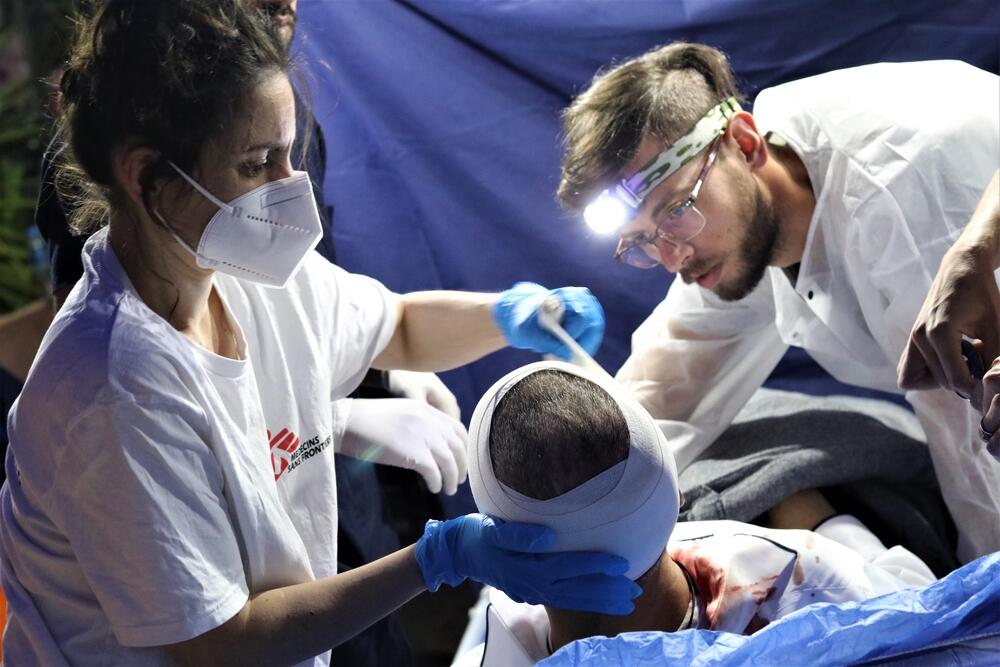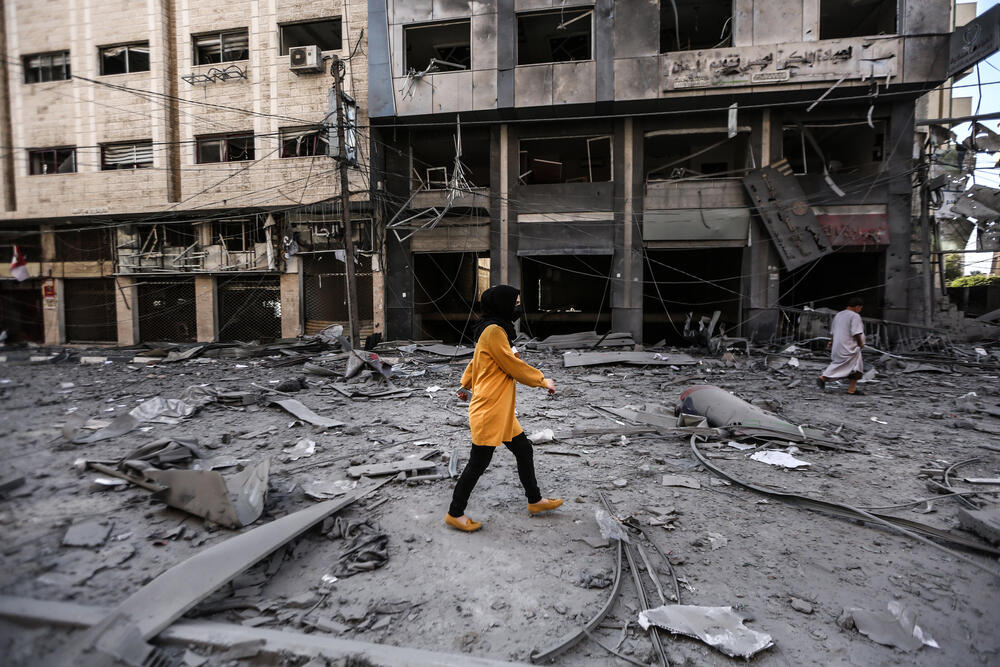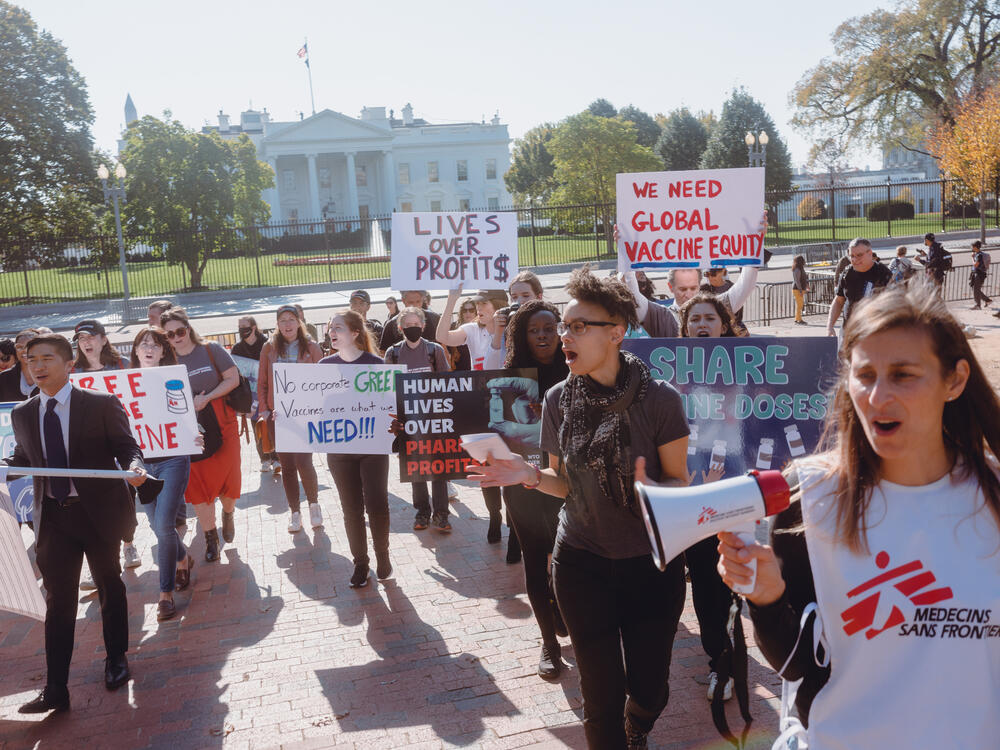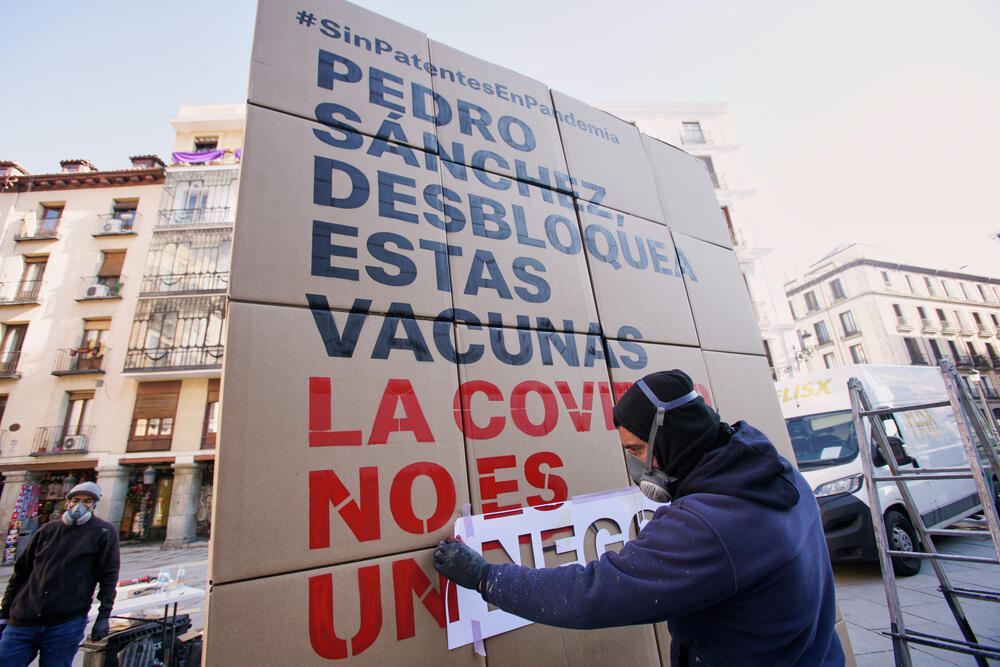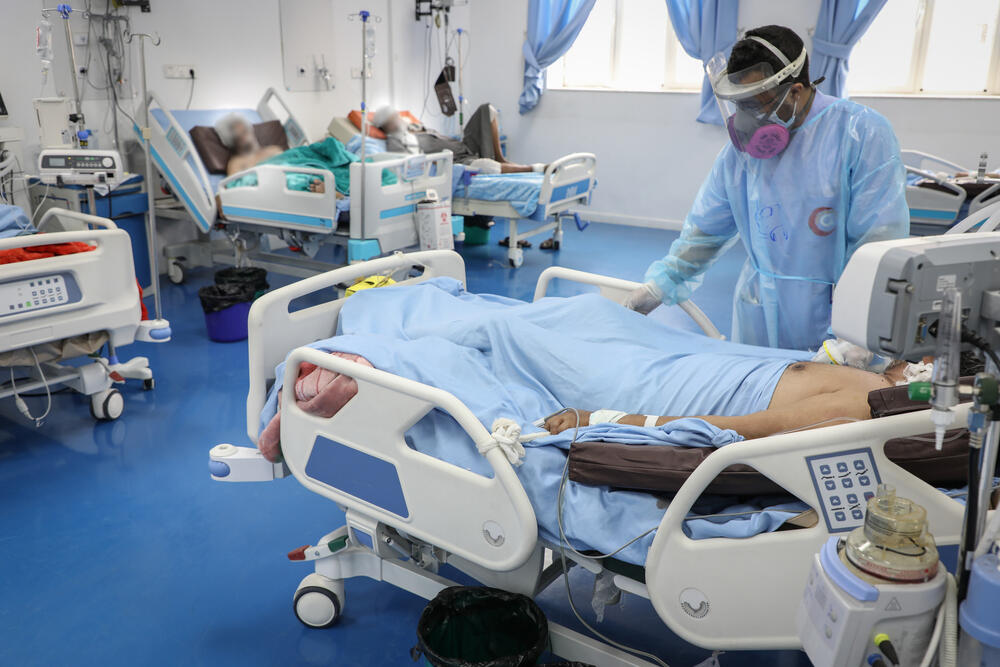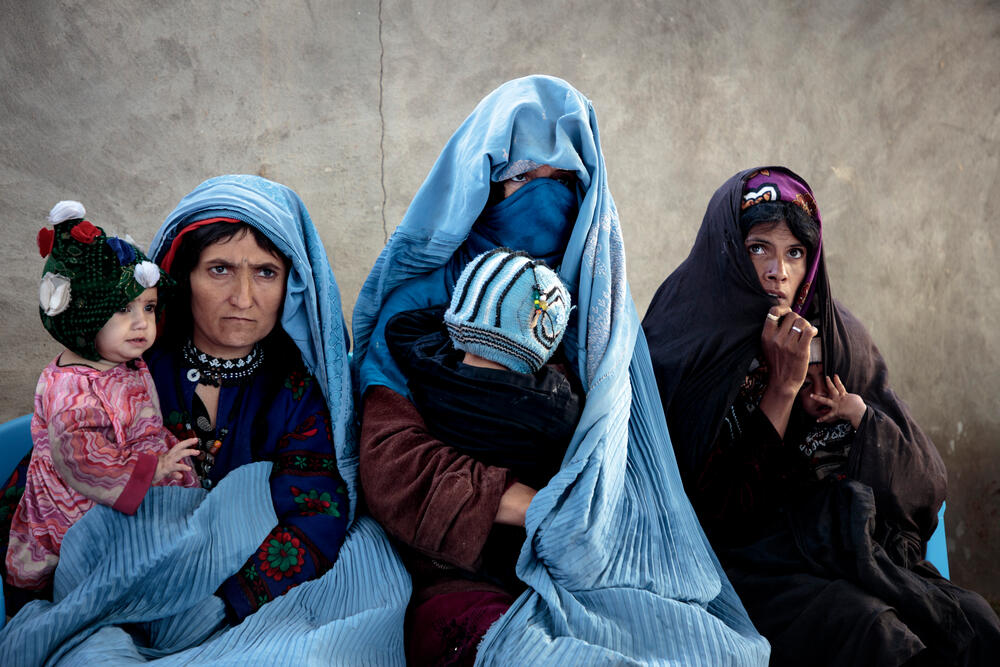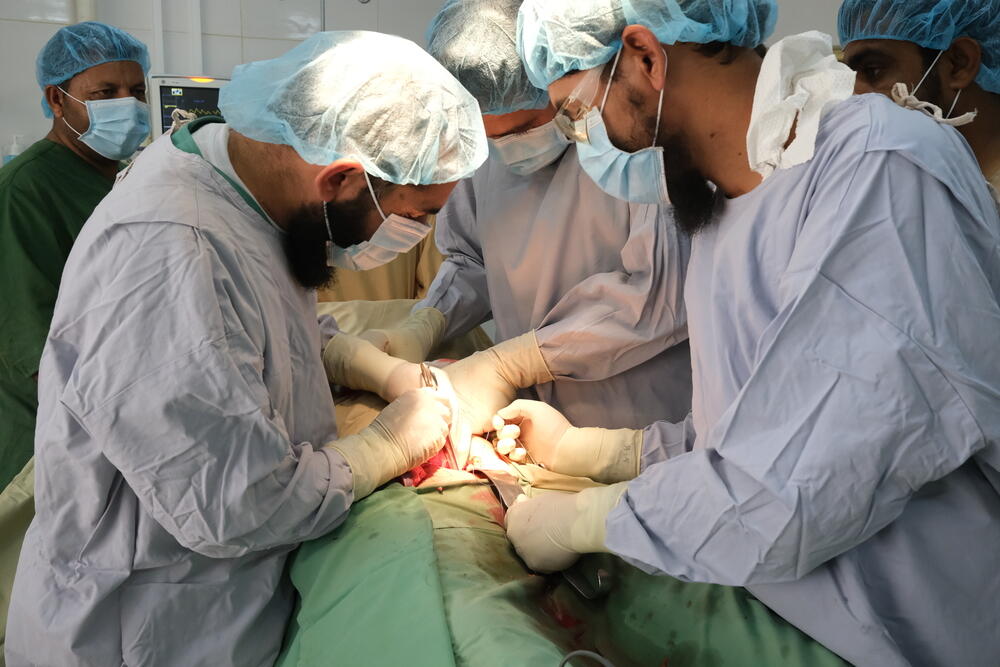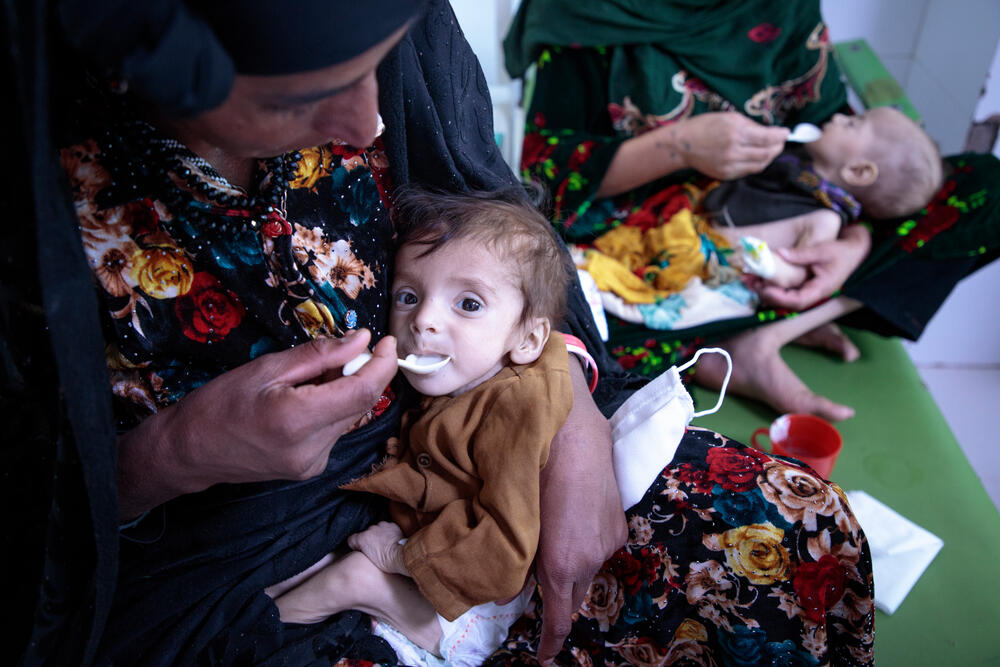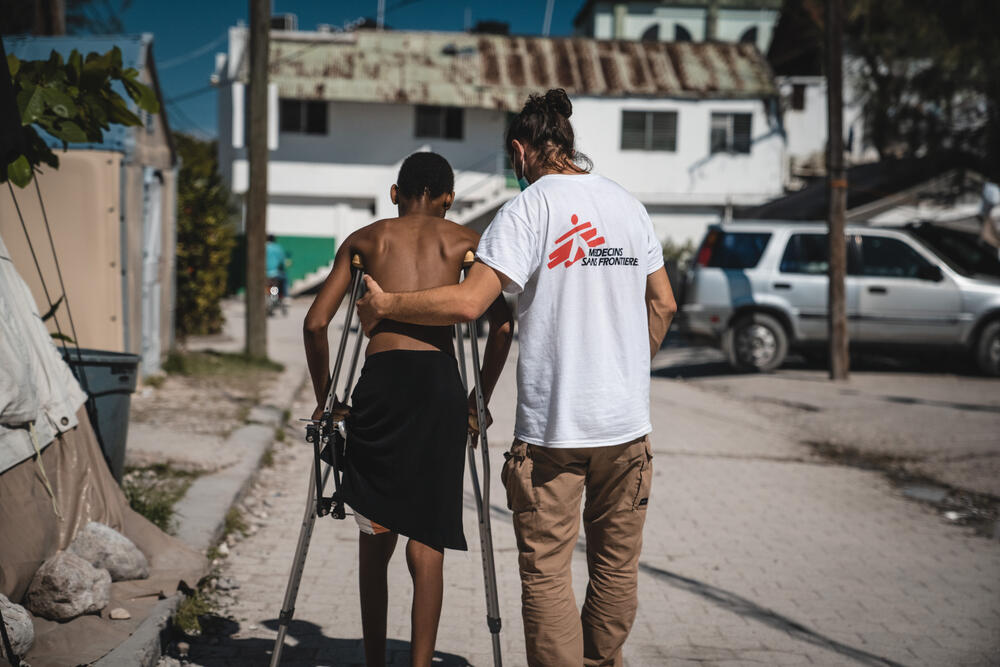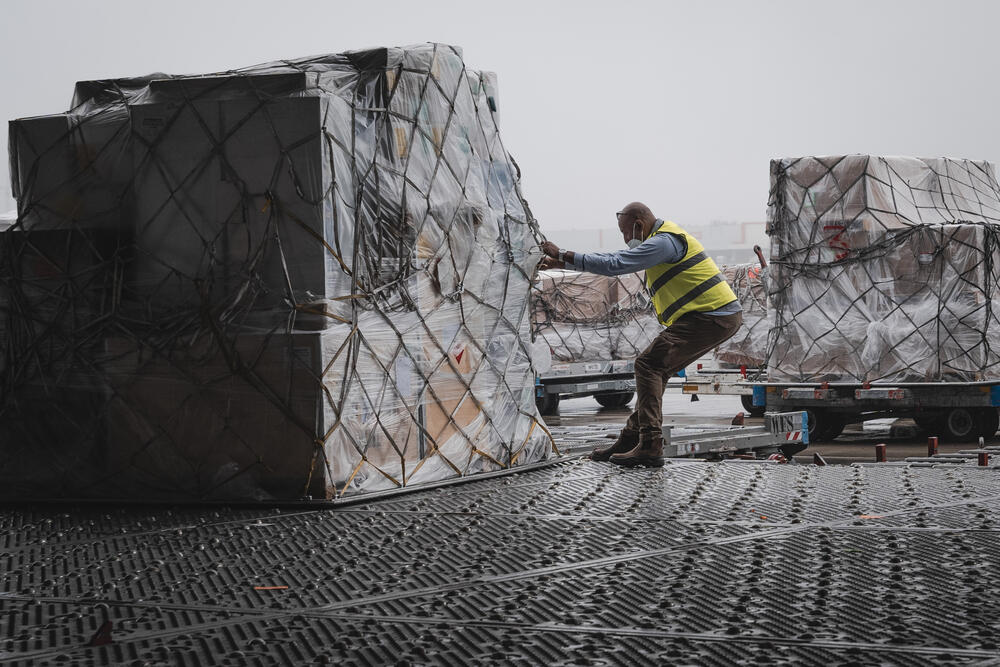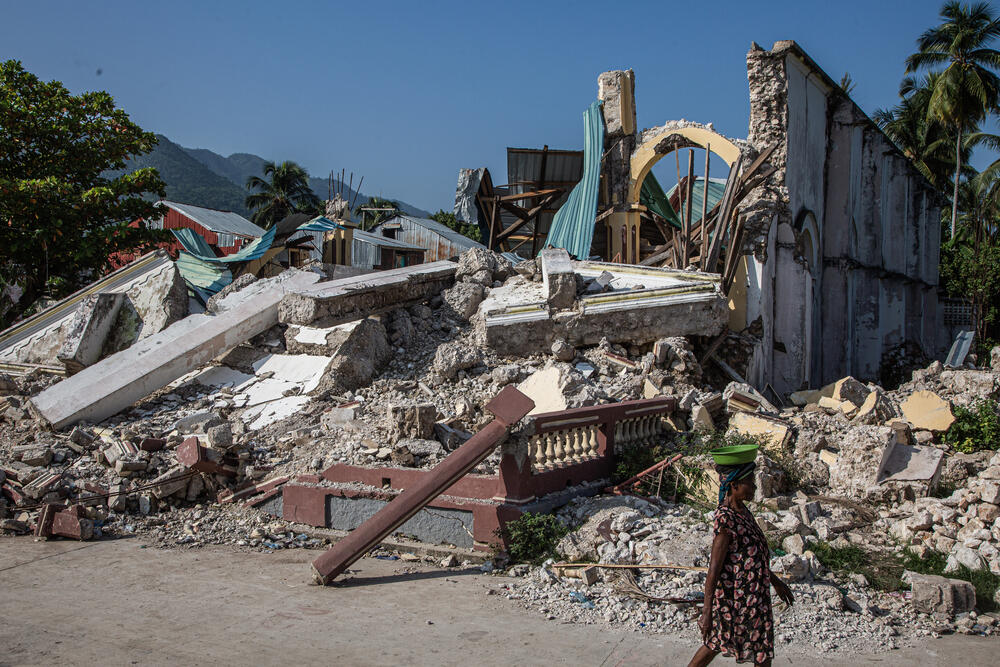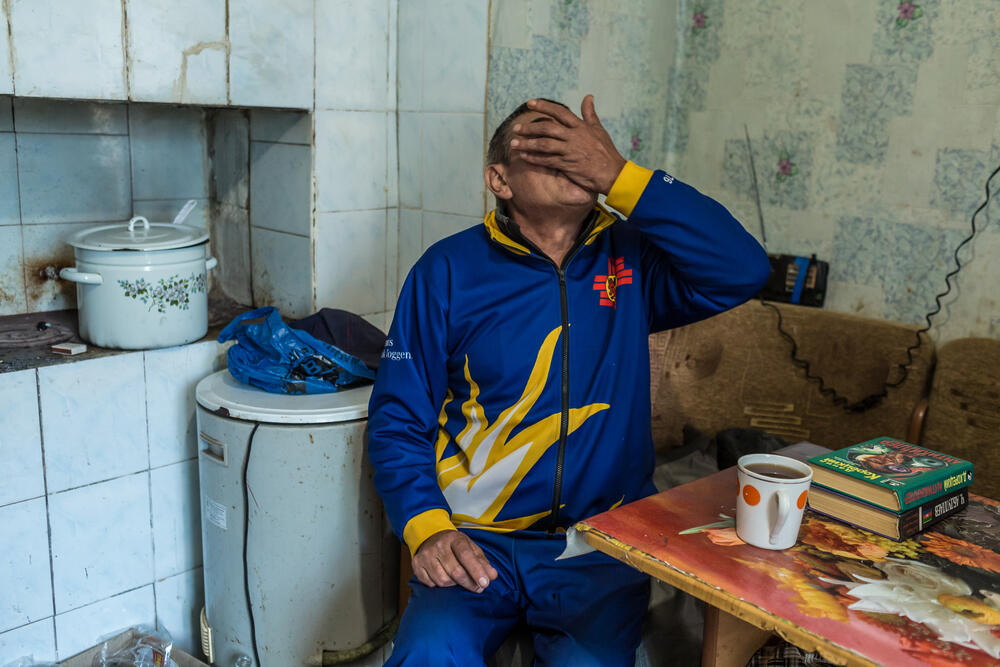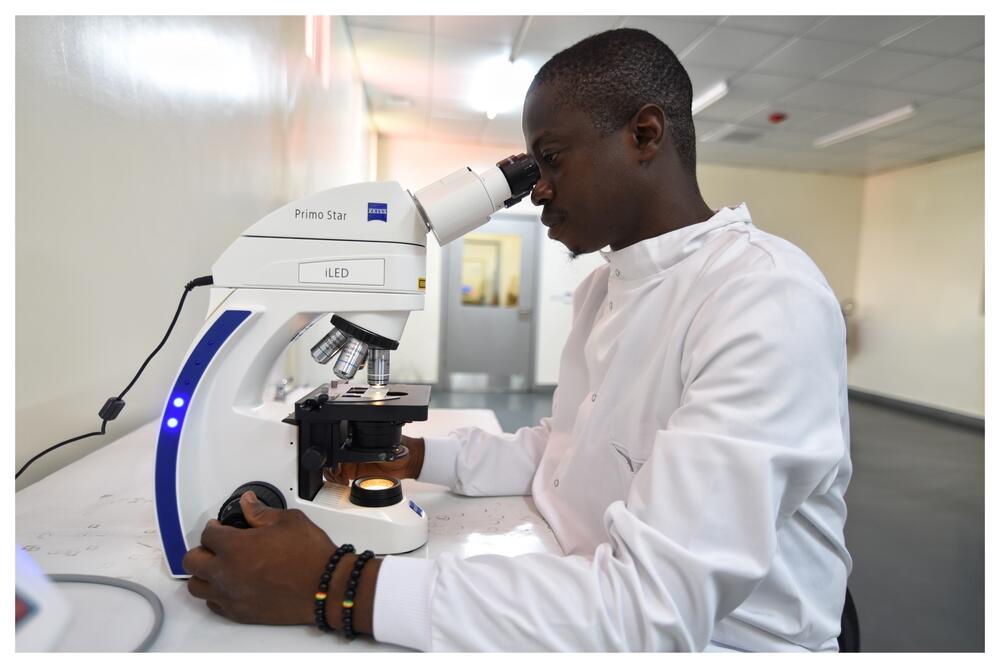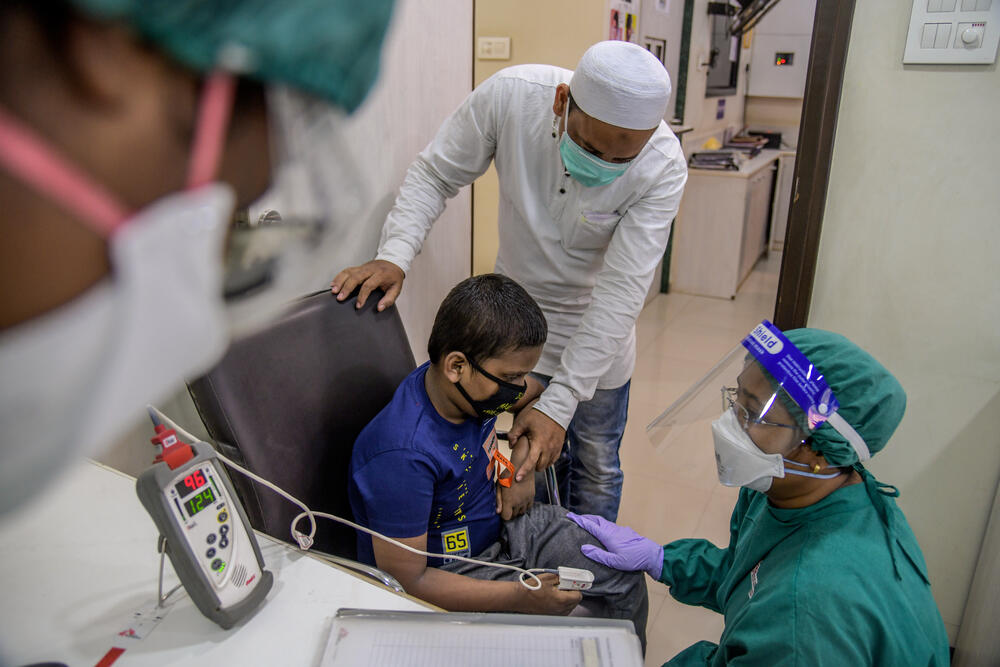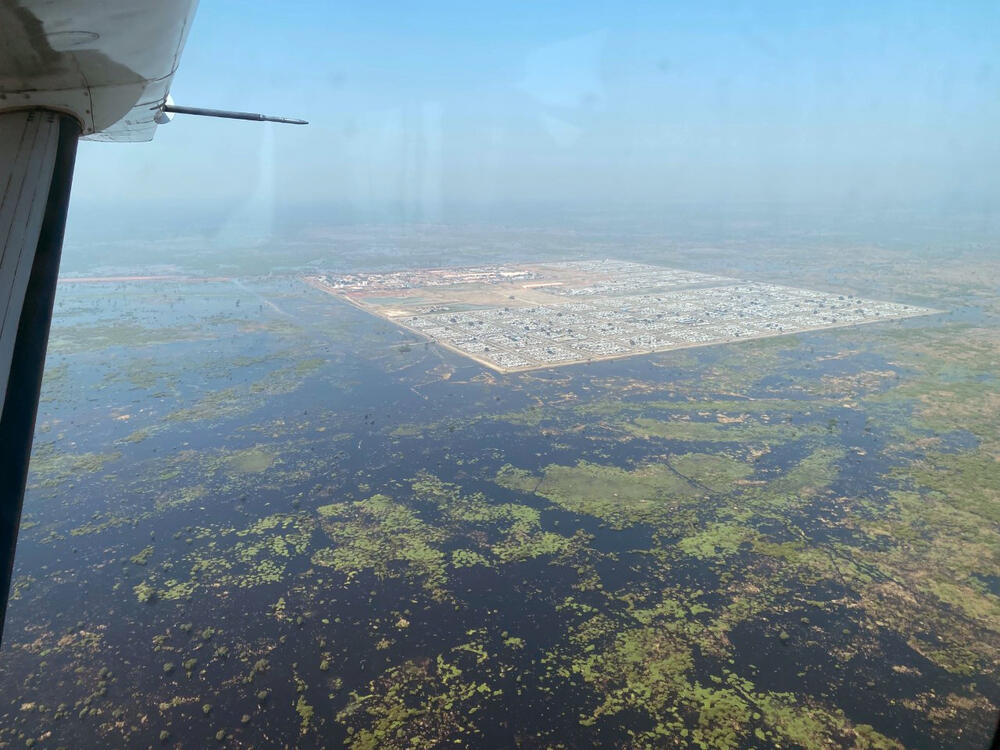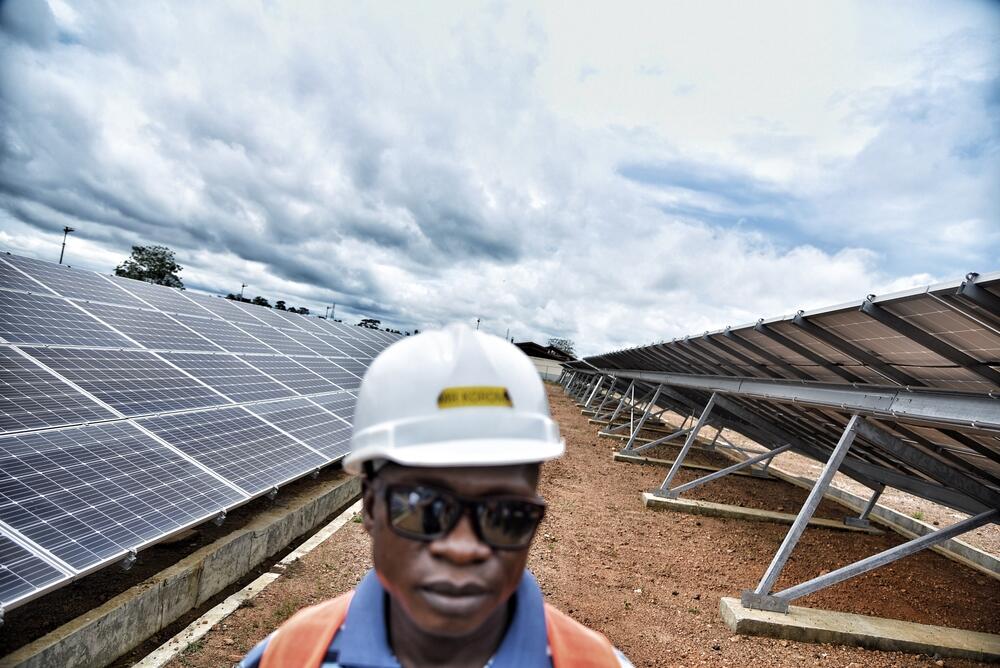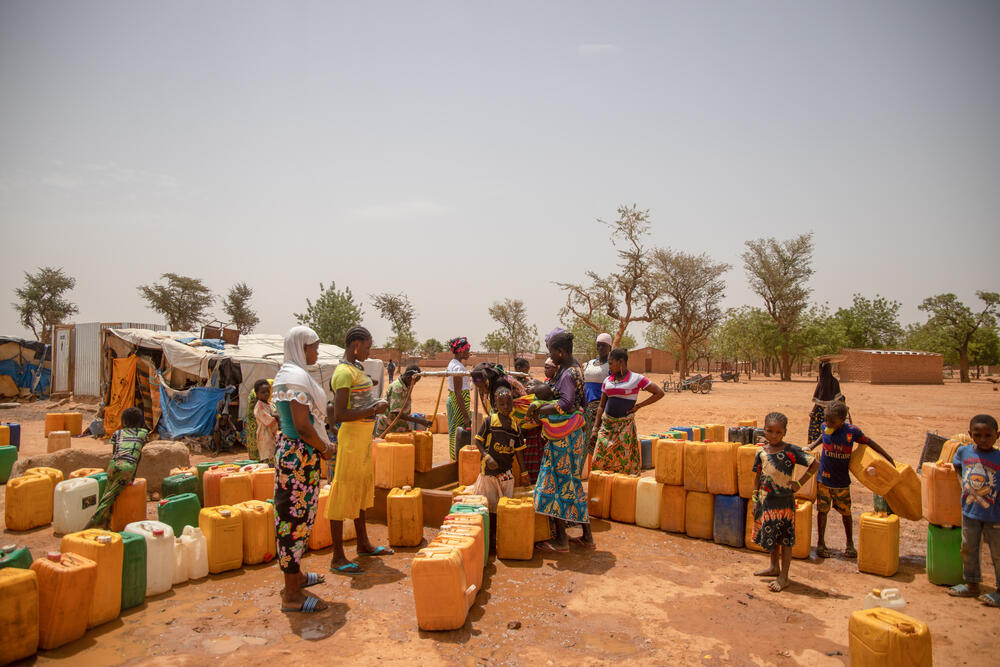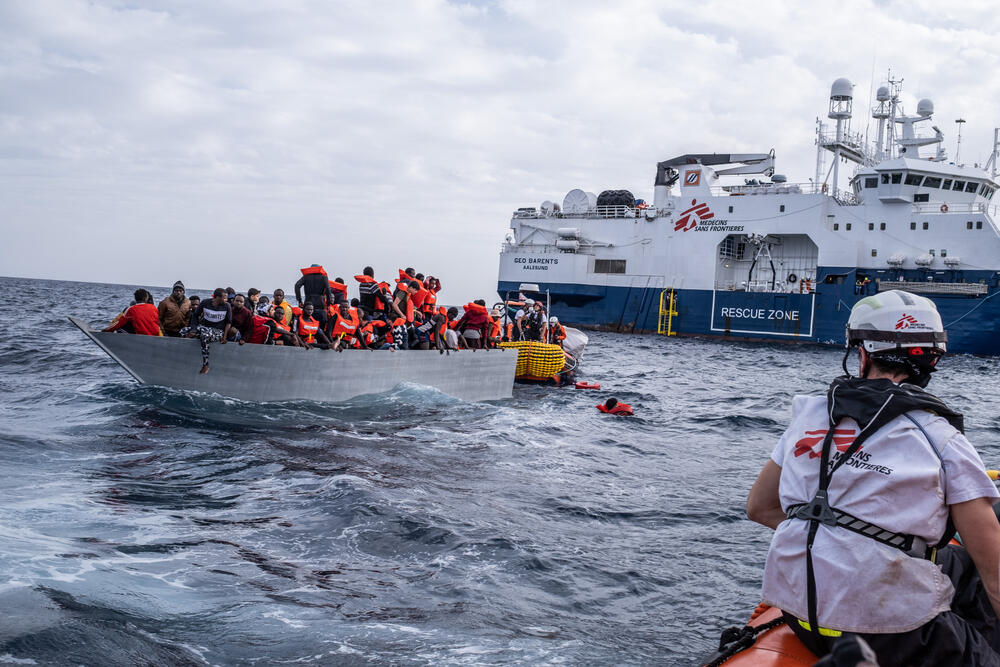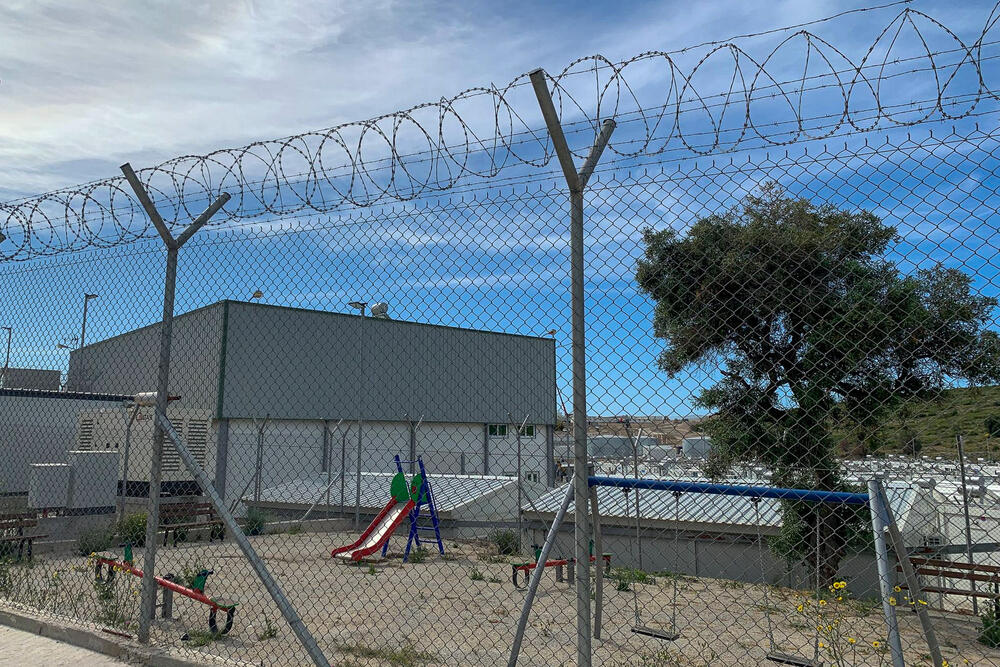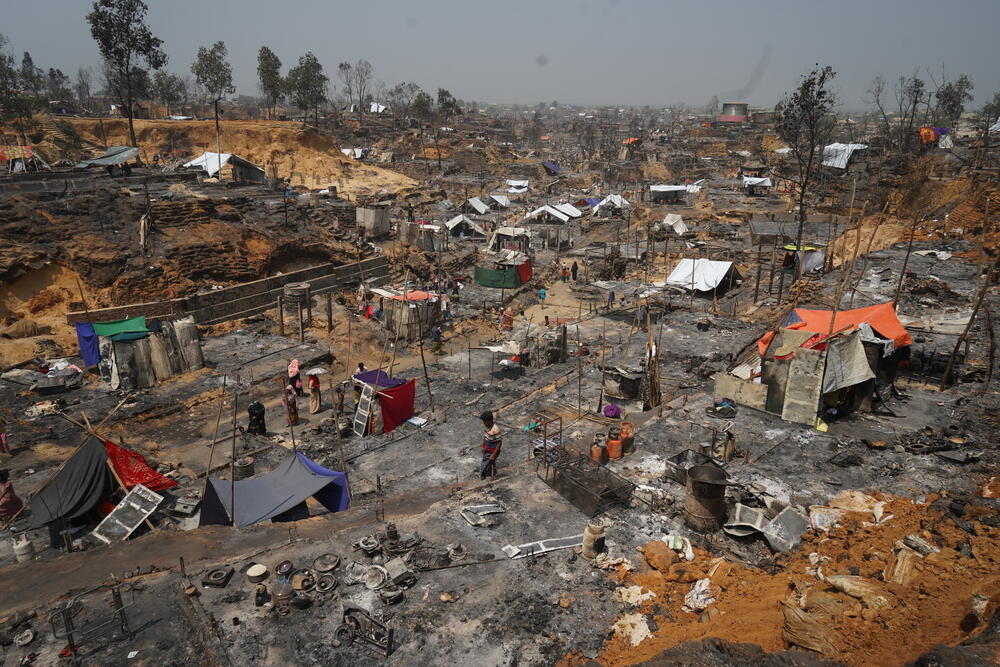Nine moments that mattered from 2021: MSF’s year in pictures
From the Afghanistan crisis to the search for safer TB care, our teams have worked at their limits and beyond borders
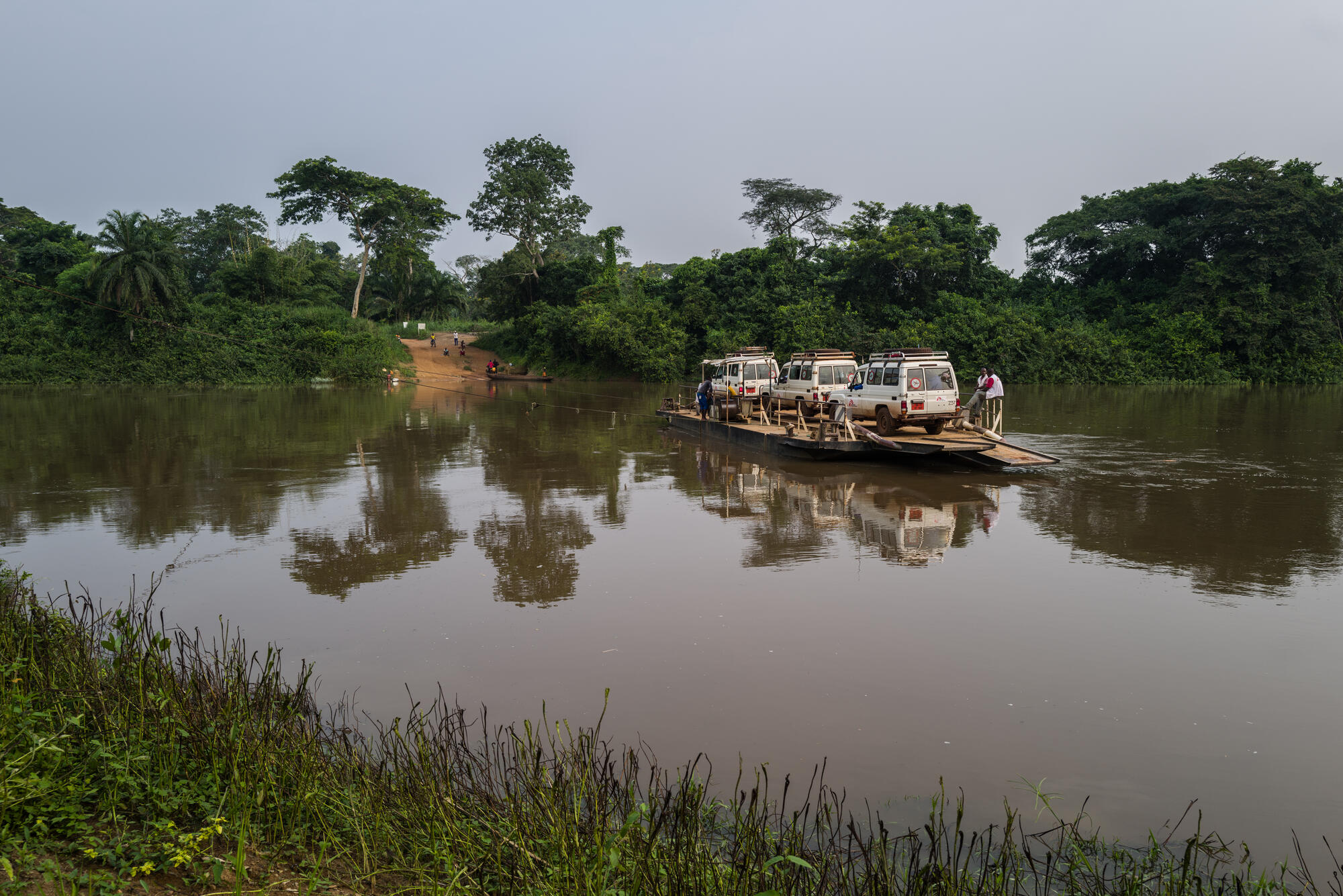
Throughout 2021, Médecins Sans Frontières / Doctors Without Borders (MSF) teams have been on the frontline of the world’s most significant humanitarian emergencies and chronic healthcare crises.
Countries around the globe have grappled with COVID-19 for a second uncertain year – one that has pushed many health systems, such as in India and Brazil, to breaking point.
The need for expert and impartial medical aid has also been driven by violent conflicts that, at the same time, have made delivering that aid complex and dangerous. The risks our staff have faced in Afghanistan and the Tigray region of Ethiopia tell this story.
And, worldwide, the obstacles to accessing healthcare have seemingly increased: the rise of vaccine inequality between nations facing the same pandemic; the abuse and exploitation towards vulnerable refugees and displaced people.
At every point, our teams have been working at their limits to provide life-saving care – only able to give it all thanks to the support of people like you.
In our collection of stark pictures from our work around the world, here are nine moments that mattered from 2021.

Help us prepare for the next emergency
1 | The Tigray crisis
Clashes broke out in the Tigray region of northern Ethiopia in November 2020. However, in 2021, the violence evolved into a widespread humanitarian crisis, as MSF teams worked to reach remote communities cut off by the conflict. In the middle of this insecurity, three MSF staff were killed in an ambush in June.
At the edges of the crisis, MSF teams also took action against rapidly spreading disease outbreaks in camps in neighbouring Sudan. Here, Tigrayan refugees are being hosted in unsafe conditions in need of both emergency care and clean, safe drinking water.
2 | COVID-19 in India and Brazil
In April and May, the world watched on as India faced a catastrophic wave of COVID-19 infections that collapsed the healthcare system and claimed the lives of thousands of people in just weeks.
In hard-hit Mumbai, MSF doctors and nurses supported the city’s 2,000-bed ‘Jumbo Hospital’, while health promotion teams went into vulnerable slum communities to distribute supplies and information to help people better protect themselves.
Elsewhere in Brazil’s vast Amazonas State, hospitals and healthcare centres began to run out of oxygen under the enormous strain of COVID-19 cases. In January, we dispatched teams to support the emergency response in the capital Manaus, while staff in remote towns days upriver of the city worked against the knock-on effects of the pandemic.
3 | Conflict in Gaza
For two weeks in May, tensions between Israel and Palestine escalated into war, including police violence and a relentless campaign of airstrikes that devastated life in Gaza. It’s estimated that at least 250 people were killed and more than 2,000 injured. On 16 May, one of MSF’s clinics in Gaza was also significantly damaged by the bombing.
Throughout the clashes, we launched a ‘mass casualty response’ to assist the Palestinian Red Crescent Society to triage and treat patients and have been providing ongoing psychological support in Gaza’s resulting mental health crisis.
4 | The campaign for vaccine equality
In 2021, the course of the COVID-19 pandemic saw a worrying trend towards so-called ‘vaccine nationalism’, with widely praised immunisation programmes in wealthy countries rolled out at the expense of protection in lower resourced countries.
MSF joined the campaign to stop the UK government blocking equitable access to COVID-19 technologies – including safe and effective tests, treatments and PPE – as well demanding a legal waiver from manufacturers to make vaccines more affordable for at-risk healthcare systems.
5 | The crisis in Afghanistan
The Afghanistan crisis has been one of the most shocking and widely reported events of 2021.
In August, the country was taken over by the Islamic Emirate of Afghanistan (also known as the Taliban) after months of fierce fighting with government forces. During the violence, MSF hospitals were caught on the frontline, working through the chaos to continue providing critical trauma care.
Now, in new and uncertain times, healthcare services across the country remain fragile – in some regions, MSF hospitals are the only option available for people in need. As the emergency continues to evolve, our teams are now reporting a growing malnutrition crisis.
6 | The Haiti earthquake
Haiti is a country still in recovery from a truly catastrophic earthquake in January 2010. However, in August this year, a 7.2 magnitude quake again hit country – claiming an estimated 2,200 lives and injuring more than 12,000 people.
In the aftermath, MSF teams immediately began stabilising and treating survivors, as well as providing expert support to Haiti’s already overwhelmed healthcare system. We also began mobile clinics and dispatched a surgical team to help in the hardest-hit areas.
7 | TB PRACTECAL
In October, a cutting-edge clinical trial led by MSF successfully identified a new, safe and effective treatment for tuberculosis (TB) – an often-overlooked humanitarian emergency that still kills 1.4 million people every year.
The groundbreaking study was tasked with finding better medications for patients with drug-resistant forms of TB. These strains can be particularly dangerous and often require a gruelling treatment process that has been described as worse than the disease itself.
8 | COP26 and the climate emergency
The climate emergency came into focus in November, with the United Nations Climate Change Conference (also known as COP26) taking place in Glasgow. MSF sent delegates to the event, while at the same time raising the alarm on the humanitarian impact of climate change and environmental degradation in a new report for leading medical journal, The Lancet.
Meanwhile, in our medical projects, MSF teams have continued to see the consequences of climate breakdown – such as in Burkina Faso where violence and a changing climate have helped drive a life-threatening water crisis.
9 | Rising hostility towards refugees
Throughout 2021, our staff have witnessed the shocking and sometimes violent treatment of refugees and displaced people. From dangerous camps on the Greek islands to horrifying detention centres in Libya, across the globe we have treated the human cost of brutal government policies.
As the UK Government began planning legislation with the potential to cause more suffering to already vulnerable people, we launched a campaign to fight back against the inhumane ‘Borders Bill’.
